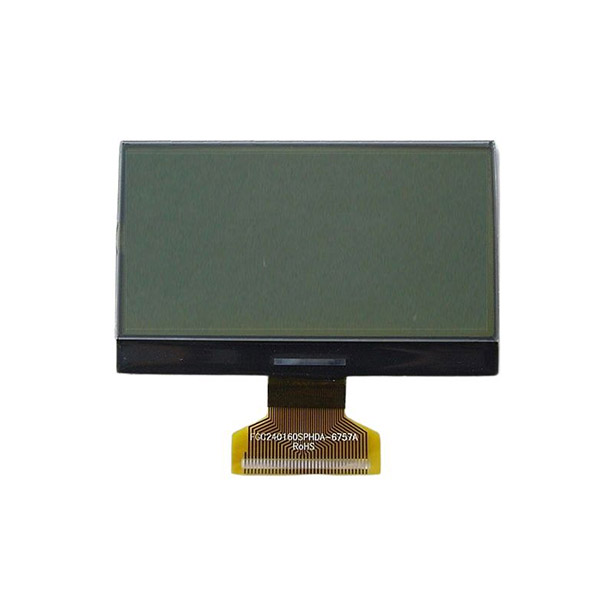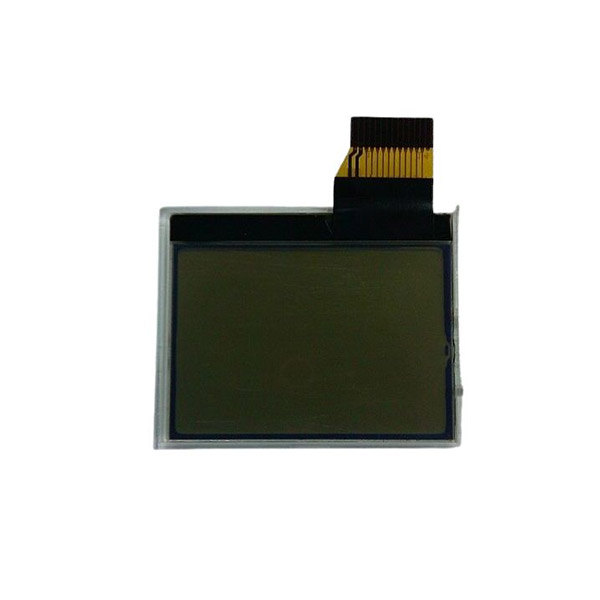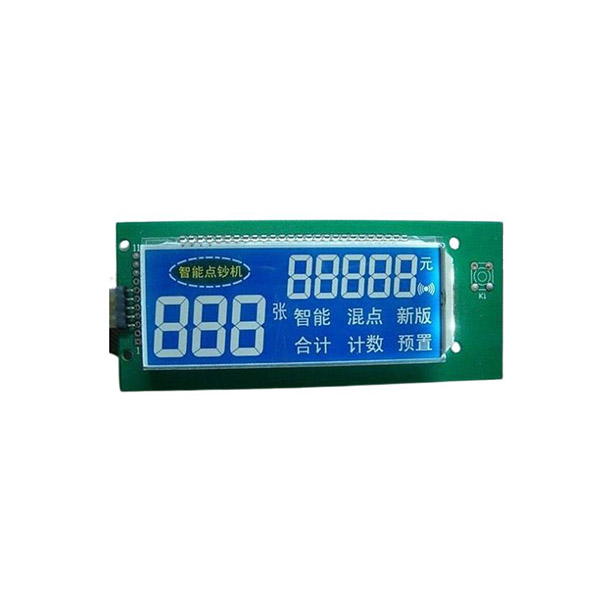In the era of Industry 4.0, industrial control systems are becoming smarter, more connected, and increasingly reliant on real-time human-machine interfaces (HMIs). As the visual component of these interfaces, LCD (Liquid Crystal Display) technology plays a vital role in improving control efficiency, operational safety, and overall system performance.
From factory automation to energy management and intelligent logistics, LCDs provide the necessary visual feedback for operators and technicians to monitor, adjust, and control complex machinery. In this blog post, we explore the advantages of using LCD technology in industrial control systems, and how Shenzhen Yicheng Optoelectronic Technology Co., Ltd., a leading LCD display manufacturer, is empowering the industry with tailored, high-performance solutions.
What is LCD Technology?
LCD (Liquid Crystal Display) is a flat-panel display technology that uses liquid crystals to produce images. LCDs are commonly used in consumer electronics, but their rugged variants are designed specifically for industrial environments.
Industrial LCDs are often customized to withstand:
Extreme temperatures
High humidity
Dust, vibration, and electromagnetic interference
Long operating hours without screen degradation
These characteristics make LCD displays ideal for industrial control panels, automation interfaces, CNC machines, and monitoring systems.

Advantages of LCD Technology in Industrial Control Systems
1. High Clarity and Readability
LCDs provide sharp image quality and high contrast ratios, allowing operators to read data clearly even in low-light or high-glare conditions. Many industrial LCDs also offer wide viewing angles, making it easier to monitor from different positions.
2. Low Power Consumption
Compared to older display technologies like CRTs or even some OLEDs, LCD screens are energy-efficient, which is crucial in environments where displays operate 24/7. This helps reduce operating costs and contributes to sustainability goals.
3. Compact and Lightweight Design
LCD panels are thin and lightweight, allowing for more compact control panel designs. This is particularly important in space-constrained industrial applications, such as portable inspection equipment or mobile automation units.
4. Customization and Scalability
Industrial LCDs can be custom-tailored in terms of size, resolution, brightness, and touch functionality. This flexibility enables manufacturers to design intuitive user interfaces that are optimized for specific operational tasks.
5. Durability and Longevity
Industrial-grade LCDs are engineered for ruggedness and longevity, with features such as:
Anti-glare coatings
Optical bonding for improved outdoor visibility
Wide temperature tolerance
Enhanced shock and vibration resistance
These characteristics ensure reliable performance even in harsh industrial environments.
6. Touch Screen Integration
Many LCDs in industrial settings come equipped with capacitive or resistive touch screens, allowing operators to interact directly with control software. Touch functionality enhances productivity and reduces reliance on external input devices.

Shenzhen Yicheng Optoelectronic: Leading Provider of Industrial LCD Solutions
Shenzhen Yicheng Optoelectronic Technology Co., Ltd. is an innovative enterprise specializing in the production and development of LCD display modules tailored for the industrial control field. With years of technical expertise and market experience, Yicheng Optoelectronic provides:
TFT LCD modules for industrial control panels
Customized display solutions with specific brightness, resolution, and interface requirements
High-temperature and anti-interference displays for rugged environments
Comprehensive technical support and integration consulting
Whether for automation systems, power plant monitoring, logistics terminals, or medical equipment, Yicheng's LCD displays deliver the performance and reliability required by demanding industrial applications.

Use of LCD Displays in Industrial Systems
LCDs are commonly used in:
HMI panels for PLC systems
Energy management systems
Automated production lines
Industrial robots and CNC machines
Smart manufacturing dashboards
Medical and diagnostic instruments
Each of these applications demands precision, readability, and stability — all of which LCD technology can deliver when supported by an experienced provider like Yicheng Optoelectronic.

Conclusion
The integration of LCD technology in industrial control systems is transforming the way operators interact with machines and data. From better visibility and energy savings to long-term durability and custom functionality, LCDs offer numerous advantages that make them a smart investment for any industrial operation.
As industries continue to digitize and automate, partnering with a trusted LCD provider like Shenzhen Yicheng Optoelectronic Technology Co., Ltd. ensures you have the right display solution tailored to your environment and performance needs.
If you're looking to upgrade your industrial display systems or develop customized visual interfaces, Yicheng Optoelectronic is your reliable partner for professional, high-quality, and innovative LCD solutions.
A Practical Guide to Choosing the Right LCD Module for Your Project
www.esenlcdscreen.com
Shenzhen Yicheng Optoelectronic Technology Co., Ltd
